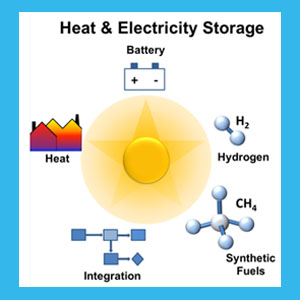Speaker
Dr
Claire Villevieille
(Paul Scherrer Institute)
Description
The development of Na-ion batteries is one of the most promising challenges of the decade. Although the fundamental principles of sodium based batteries are by principle identical to the lithium ones, the number of materials to be investigated is three times more than lithium according to the ICSD (inorganic crystallographic structure database) database. Therefore, unexplored reaction mechanisms are expected in Na-based systems, which should be investigated and understood to warrant further development.
In the literature, some groups reported impressive specific charges above 400mAh/g and unexpected columbic efficiencies beyond 90% for materials with more than 200% volume change such as Sn, Sb or intermetallic alloys Cu2Sb, SnSb. Most of these researches used the same electrolyte, 1M NaClO4 dissolved in propylene carbonate (PC) with or without fluroethylene carbonate (FEC) used as additive. The FEC additive is reported to be of great importance to maintain the specific charge above 400mAh/g and to help to sustain the coulombic efficiency during more than 100 cycles in intermetallic electrodes. We will analyse here the properties of the Sn bulk by operando XRD and the interface layer (SEI) after cycles will be characterized by post mortem SEM, XPS.
Author
Dr
Claire Villevieille
(Paul Scherrer Institute)
Co-authors
Dr
Erik Jämstorp Berg
(PSI)
Ms
Leonie Vogt
(Paul Scherrer Institut)
Mario El Kazzi
Prof.
Petr Novák
(PSI)
Dr
Sofía Pérez Villa
(CIC Energigune)

